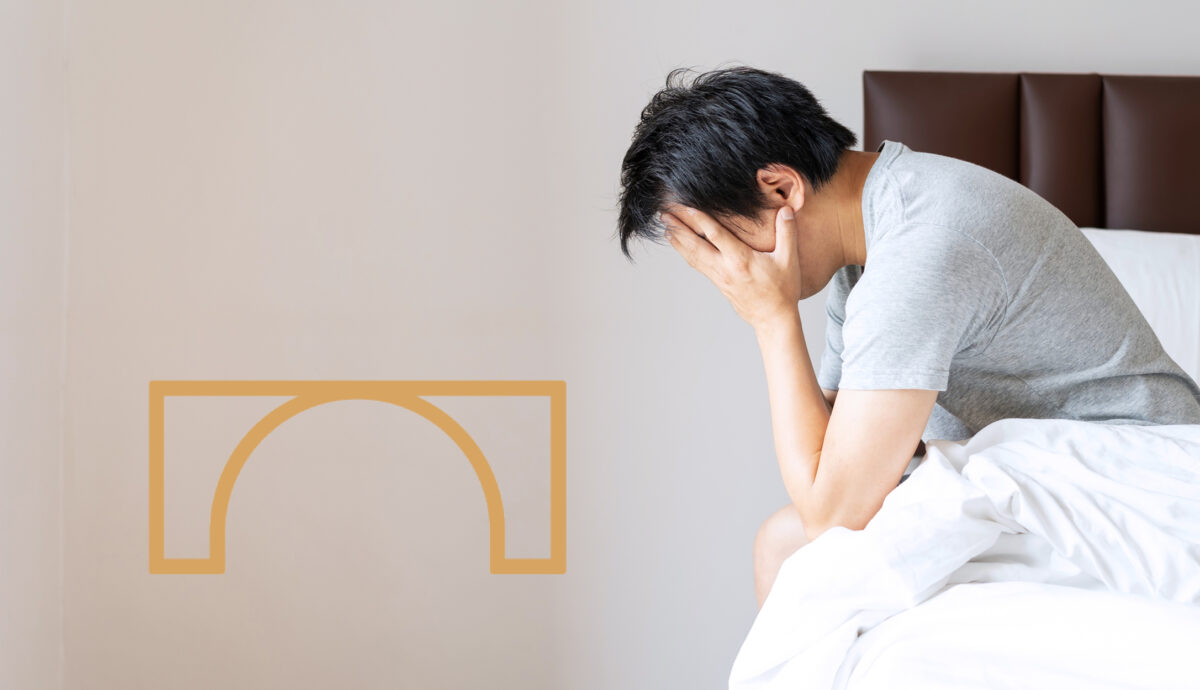With June being Men’s Mental Health Awareness Month I feel now is the opportune time to discuss the importance of de-stigmatizing men’s mental healthcare.
Why now?
Over the last few years, I’ve noticed an influx of men outwardly struggling with their mental health but not seeking mental health treatment, even though mental health care is at an all-time high. This behavior is likely caused by the deeply rooted societal belief that men should “just deal with it” or “just be a man” and not bring awareness to the issues they are struggling with. However, this practice of bottling up strong feelings and emotions leads to disastrous effects not only in their own lives but also in the lives of those around them.
Mental health symptoms: men vs. women
Mental health symptoms often appear differently in men than women. These are the most common symptoms I see my male patients struggling with:
- Anger
- Irritability
- Short temperament
- Low energy levels
- Increased appetite
- Sleeping too little or too much
- Disinterest in hobbies or activities
- Difficulty concentrating
- Increased worry and stress
- Persistent hopelessness
- Impulsive behaviors
- Drug and alcohol misuse
These symptoms will usually coexist with physical symptoms of high blood pressure, headaches, and stomach issues.
Men are expected to silently suffer
As I said earlier, men are taught from an early age to “just deal with it” rather than voice that they are struggling. Mental health disorders are equally common in men and women, but men are less likely to report them and seek out treatment. Because they are less likely to seek treatment, men are statistically more likely to not only successfully end their own lives, but choose more violent forms of suicide to ensure they follow through. Unfortunately, it is uncommon for men to show warning signs of wanting to harm themselves – they are more likely to say things like “I feel like giving up” or “there is nothing left for me anymore,” leaving them feeling like suicide is their only option.
Overlooking men’s trauma
Since men are taught to silently suffer, their trauma often gets overlooked. Whether it be childhood trauma, adult trauma, or relationship trauma, men are prone to brushing it under the rug or undermining their feelings towards it. Trauma can dramatically alter someone’s life, and leaving it untreated and ignored can have serious implications for that person later in their life. As of right now, the only trauma that is really addressed in men’s mental health is Post Traumatic Stress Disorder (PTSD) in veterans, and there is still a rather large stigma surrounding PTSD care.
Takeaways
I cannot emphasize this enough: We must give men a platform and a safe place for them to treat their mental health or no progress will be made in men’s mental healthcare. Prioritizing a safe space for them to share their feelings and struggles will allow them to realize two things: they are not weak for sharing their struggles, and they are not alone in their struggles.
If you know of a man struggling in your life right now, I encourage you to share with him the importance of seeking help, whether it be with a mental health professional or another trusted person like a clergy member or priest. Asking for help is the first and most important step. You can make a difference this Men’s Mental Health Awareness Month.
To learn more about Pax Renewal Center, or to schedule an appointment with one of our team members, visit paxrenewalcenter.com or call us at 337-993-1960





